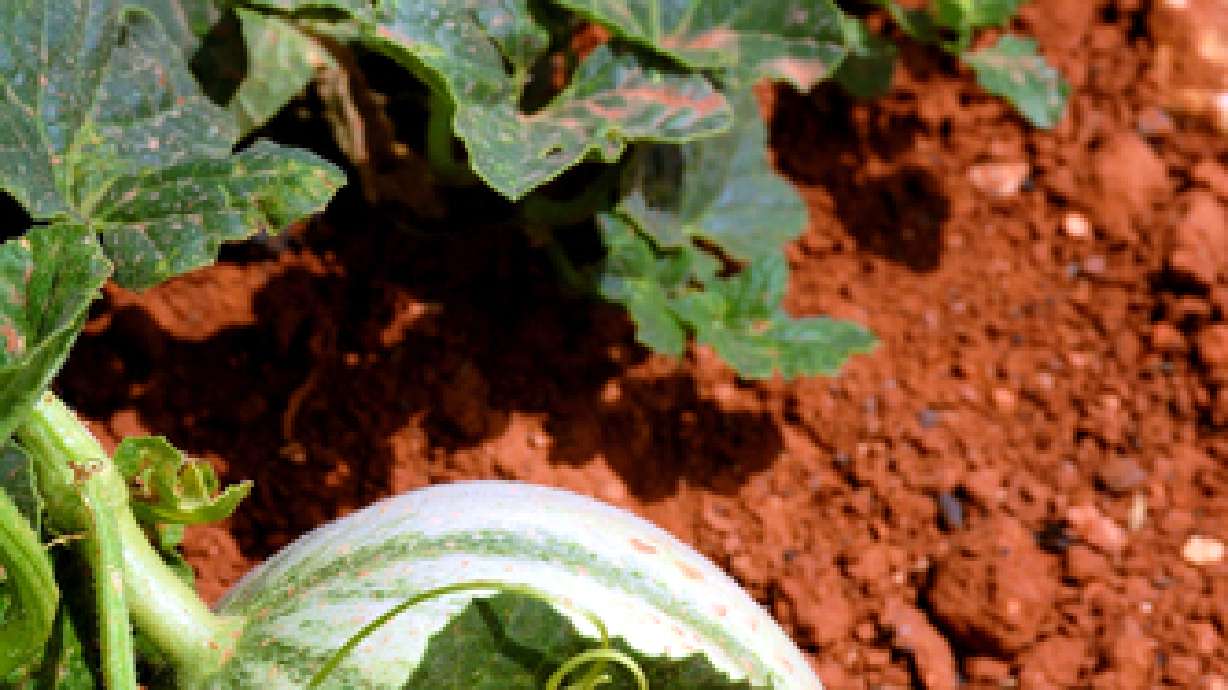Estimated read time: 2-3 minutes
This archived news story is available only for your personal, non-commercial use. Information in the story may be outdated or superseded by additional information. Reading or replaying the story in its archived form does not constitute a republication of the story.
SALT LAKE CITY -- If you think you have to live far away from the city to have your own farm, you're wrong. More farms may be popping up in urban areas.
According to people who work in the farming world, more people are learning how to farm for themselves. Granite Technical Institute Agricultural Sciences instructor Bill Carpenter said, "There's just a tremendous interest in this kind of a grassroots [movement], getting back to nature [and] learning to be more self sufficient."
Carpenter says many of his students want to pursue farming after school. He's seen an explosion of students interested in the courses. Two years ago, roughly 20 students enrolled.
"We look at almost 200 students for the fall of this coming year," he said.
Most of the learning in the courses is out in the field. "They themselves have lambed out, calved out, vaccinated, castrated, dehorned, fed and doctored every time there's a need in those animals or in the production of a crop. They have to be there to answer it," Carpenter said.
Farm on your own land
All of the county extension services have master gardener programs and give instruction on how you can farm for yourself.
"In gardening, in beekeeping, you name it, there is research and publications and assistance to the general public in agricultural products," Carpenter said. He says most cities have a six-hen limit/no-rooster limit for raising chicks on your property, but you should double-check with your city for specific limits. He also says goats are becoming more popular to raise on urban farms.
"In terms of sheep and goats, you can raise an impressive amount of sheep or goats on an acre of land," he said. If you fence off part of your yard and move your sheep around regularly, Carpenter says there should be enough grass to feed them well.
E-mail: pnelson@ksl.com









